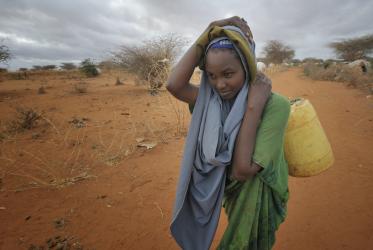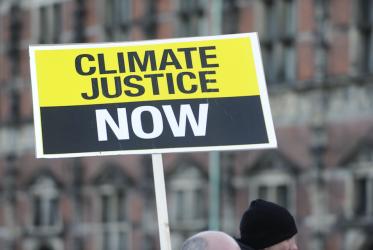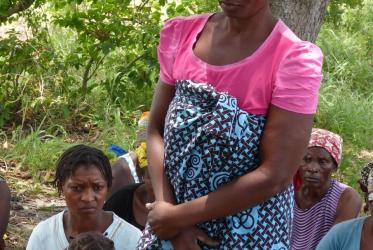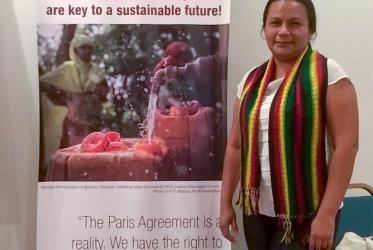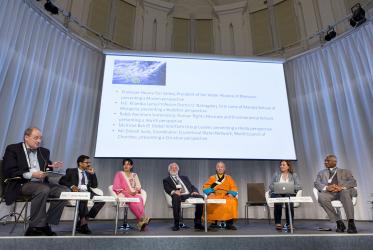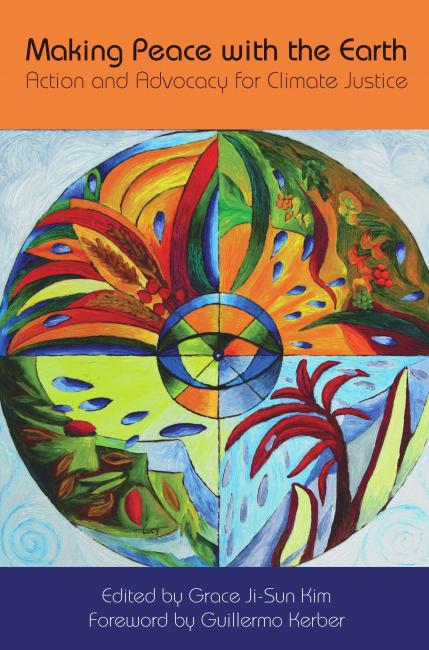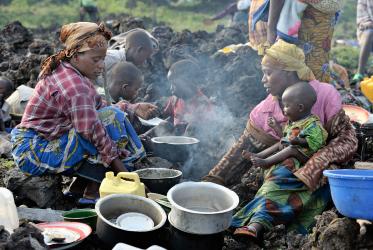Displaying 141 - 160 of 198
Applications open for WCC Eco-School
10 May 2017
WCC participates in UN panel discussion on climate ethics
15 February 2017
During Lent, a “carbon fast” can honour God’s creation
09 February 2017
Food and land justice focus of Mozambique workshop
19 December 2016
Water justice focus of consultation in Nigeria
29 November 2016
WCC Executive Committee issues statement on climate justice
25 November 2016
Joining Blue Communities, WCC turns from bottles to taps
26 October 2016
WCC climate change group plans advocacy strategy
10 October 2016
New guide on climate justice and water released
01 September 2016



